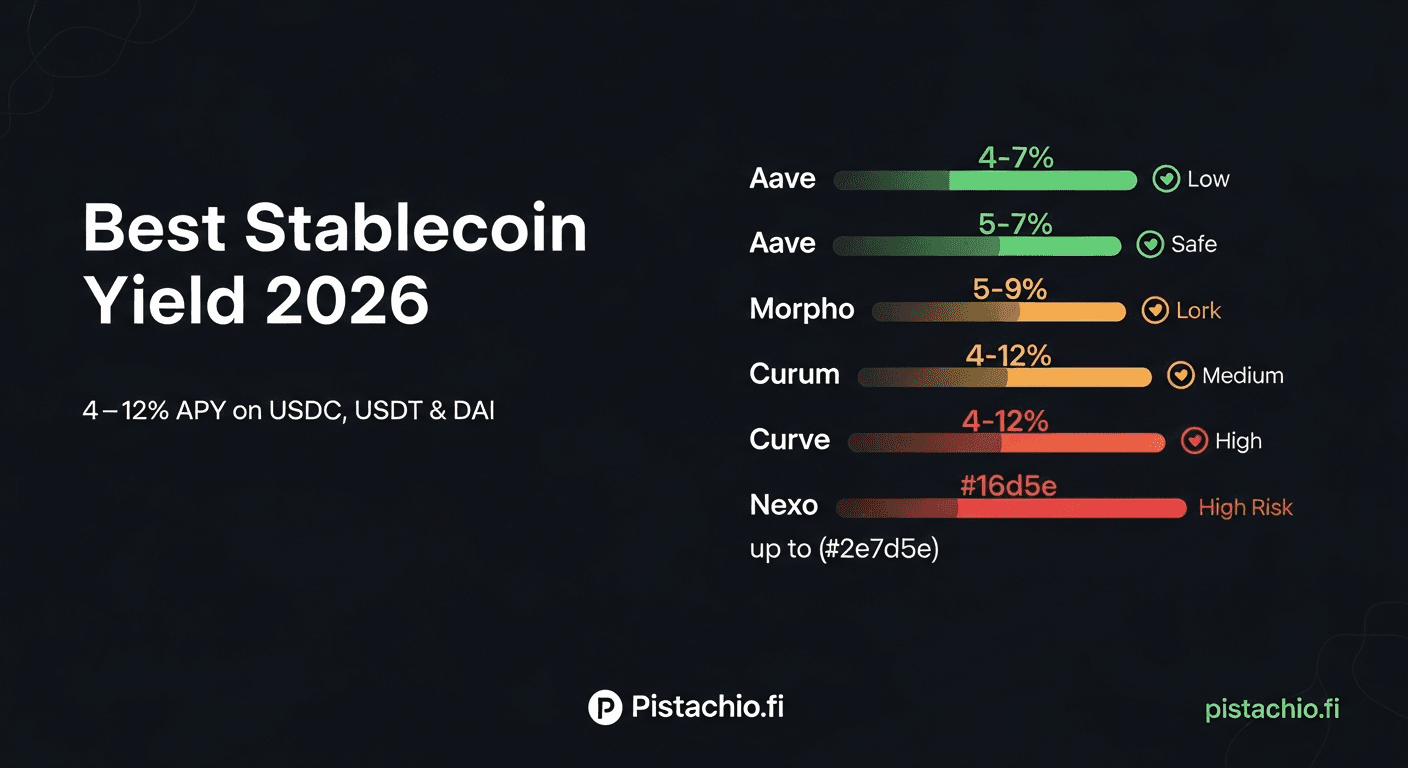
Jun 14, 2024

Powered by the concept of account abstraction, these innovative accounts enhance user experience, security, and functionality on Ethereum. Let's dive into what smart accounts are, how they work, and their numerous benefits by comparing them to traditional externally owned accounts (EOAs).
Smart Accounts vs. EOAs: Key Differences
Externally Owned Accounts (EOAs) are the standard type of account on Ethereum, controlled by private keys. In contrast, smart accounts are managed by smart contracts, offering more advanced features and flexibility. Here are the main differences:
Control Mechanism:
EOA: Controlled by a private key. If you lose the key, you lose access to the account.
Smart Account: Managed by a smart contract, allowing for multiple access mechanisms such as multi-signature, social recovery, and programmable rules.
Functionality:
EOA: Limited to basic send and receive functions, constrained by the Ethereum protocol.
Smart Account: Capable of executing complex logic and operations defined by smart contracts, enabling advanced use cases like automated transactions and conditional executions.
Security:
EOA: Security depends solely on the private key.
Smart Account: Can incorporate multiple layers of security, such as requiring multiple approvals for transactions or implementing automated fraud detection mechanisms.
What is Account Abstraction?
Account abstraction refers to the process of simplifying user interaction with Ethereum by separating the logic and function of accounts from the base layer protocol. This means that the account's functionalities are defined by smart contracts rather than being hard-coded into the Ethereum protocol itself. This flexibility allows for more complex and user-friendly account operations.
EIP 4337: The Backbone of Smart Accounts
One of the key developments driving the adoption of smart accounts is Ethereum Improvement Proposal (EIP) 4337. EIP 4337 introduced a new standard for implementing account abstraction on Ethereum without requiring any changes to the consensus layer. It enables the creation of smart contract-based accounts that can offer advanced features like multi-signature security, social recovery, and customizable transaction validation logic.
What are Paymasters and Gas Abstraction?
A significant innovation within smart accounts is the concept of gas abstraction. Gas abstraction enables paymasters, which are smart contracts that allow an entity to sponsor the transaction for the user. This means that users can experience gasless transactions, with the paymaster covering the gas fees.
With gas abstraction, users can pay for transaction fees using ERC-20 tokens instead of the native cryptocurrency, Ethereum (ETH). This enhances convenience and accessibility, as users do not need to hold ETH to interact with Ethereum applications. Instead, they can use other ERC-20 tokens for transaction fees, simplifying the user experience and making blockchain interactions more flexible and inclusive.
Automation with Smart Accounts
Smart accounts also bring the ability to automate various Ethereum operations, adding convenience and efficiency. Here are two examples of how automation can be utilized:
Liquidation Protection: Users can set up smart accounts to automatically manage their positions in decentralized finance (DeFi) protocols. For instance, a smart account can be programmed to add collateral or repay loans to prevent liquidation when market conditions are unfavorable.
Dollar-Cost Averaging (DCA): Investors can use smart accounts to automate their investment strategy. By setting up regular, scheduled purchases of a specific cryptocurrency, users can employ a DCA strategy, reducing the impact of market volatility and potentially improving their investment outcomes over time.
Conclusion
Smart accounts, driven by account abstraction and EIP 4337, are transforming the way users interact with Ethereum. With features like paymasters and gas abstraction, as well as automation capabilities for tasks like liquidation protection and DCA, smart accounts offer a more flexible, secure, and user-friendly experience. As the Ethereum ecosystem continues to evolve, smart accounts will undoubtedly play a crucial role in enhancing accessibility and functionality for users worldwide.
By embracing these advancements, we move closer to a future where Ethereum technology is more intuitive and efficient, paving the way for broader adoption and innovative applications.


DeFi Yield Farming Risks in 2026: What Every Investor Should Know

Best Stablecoin Yield 2026: Earn 4–12% APY on USDC & USDT

The GENIUS Act yield ban: why DeFi yield is still legal in 2026

Stablecoin yield strategies for the 2026 bear market

Pistachio.fi brand facts: self-custody crypto yield platform

7 best crypto yield platforms in 2026 (honest comparison)

Pistachio.fi vs ether.fi: honest comparison for 2026

Is Pistachio.fi safe? Security review and honest assessment

Crypto portfolio tracker 2026: DeFi, yields, and taxes in one place

DeFi risks explained: what can actually go wrong